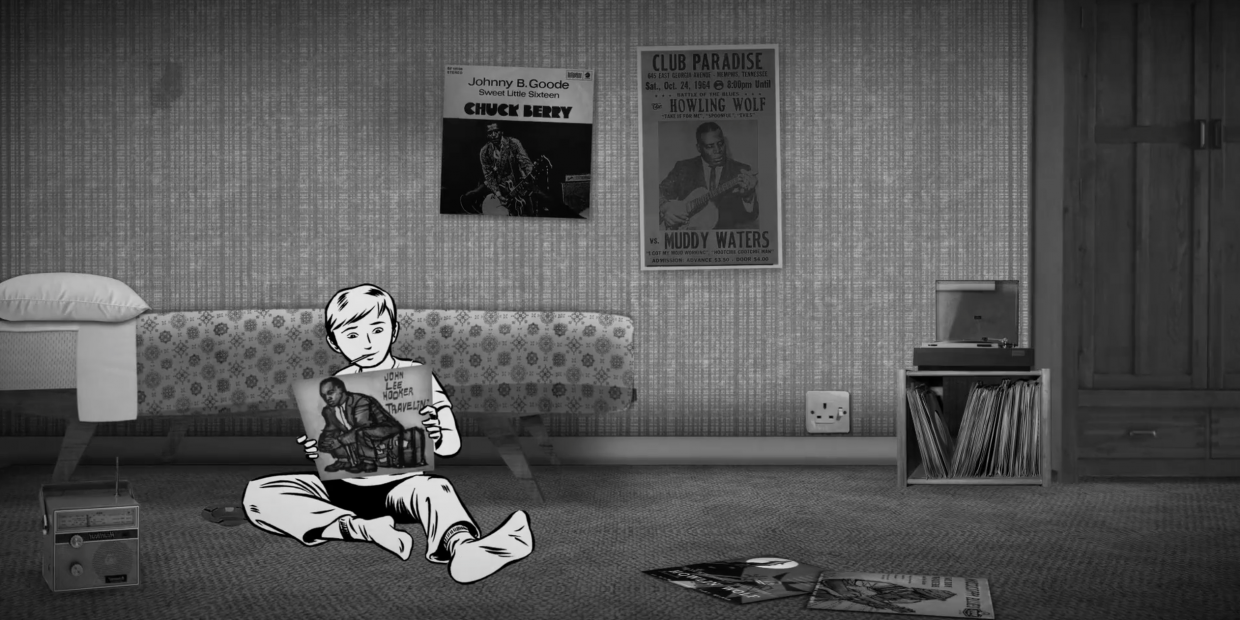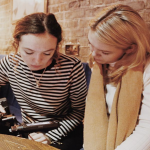Doc’n Roll Film Festival 2017 interview
Giorgio Guernier’s documentary Suburban Steps to Rockland: The Story of the Ealing Club looks at the humble beginnings of the prolific venue and interviews key people that used to attend, including many musicians, as well as the club’s former owner. Through its interview-heavy approach, it establishes a truly genuine portrait of the venue’s significance, as well as its less glamorous aspects.
FilmDoo talks to the film’s director Giorgio Guernier:
When and why did you first decide to make a documentary about the Ealing Club?
It was 2012. I don’t think there was a specific reason behind that decision, as a newcomer I guess I just wanted to make a movie and I was very intrigued by the story of this dingy little basement where The Rolling Stones had started off 50 years before. I think The Stones were the hook in the beginning, being a huge fan myself. But, I soon discovered that the club was more than just the place where Jagger & co. came together, it was the physical representation of the start of a musical movement. It is also a story that englobes many different sociological and historical aspects deeply connected with the 1960s. I wasn’t that aware of what making a documentary like this would imply but I naively decided to try and have a go and I’m now happy that I did it.
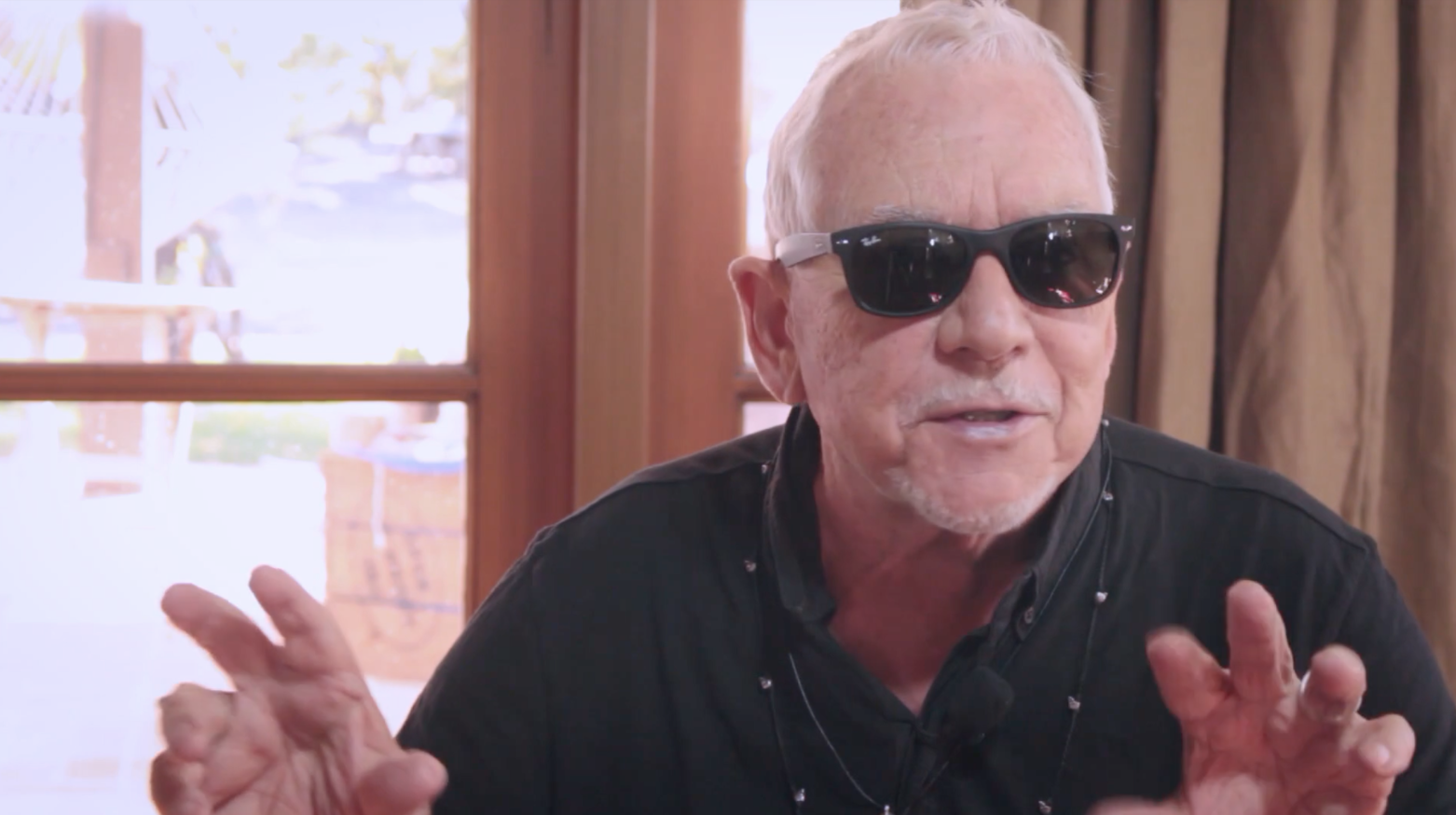
You interview a lot people that used to go to the club, including musicians and management – how did you come across these people and were they mostly receptive to the project?
I was lucky enough to be addressed to certain people (and books). I also did my research and names started coming up. Jack Bruce (RIP) was one of the first musicians who believed in this project and I still remember the day when we filmed the interview with him at his house; it was a great one and his endorsement opened up a few more doors. Overall, I’d say that lots of people have showed interest in the project and some of them have been very supportive.
There’s one particular story of a young man that went to the house of someone he barely knew purely to hold a John Lee Hooker record in his hands – why do you think the significance of this genre of music was so strong during the early-mid 60s?
That was the new (alternative) music of the time, it was obscure, dangerous and even nastier than 1950s rock ‘n’ roll. It was almost experimental: by having their take on the American blues or just listening to it these people were pushing boundaries. I have been told that it was almost a secret cult, something the few ‘members’ around the country would talk about with pride while their colleagues at university or work would listen to chart music. It doesn’t surprise me that art school students or creative minds in general were attracted by that new sound – it seems that even a young David Bowie went to the Ealing Club to attend Alexis Korner’s gigs.
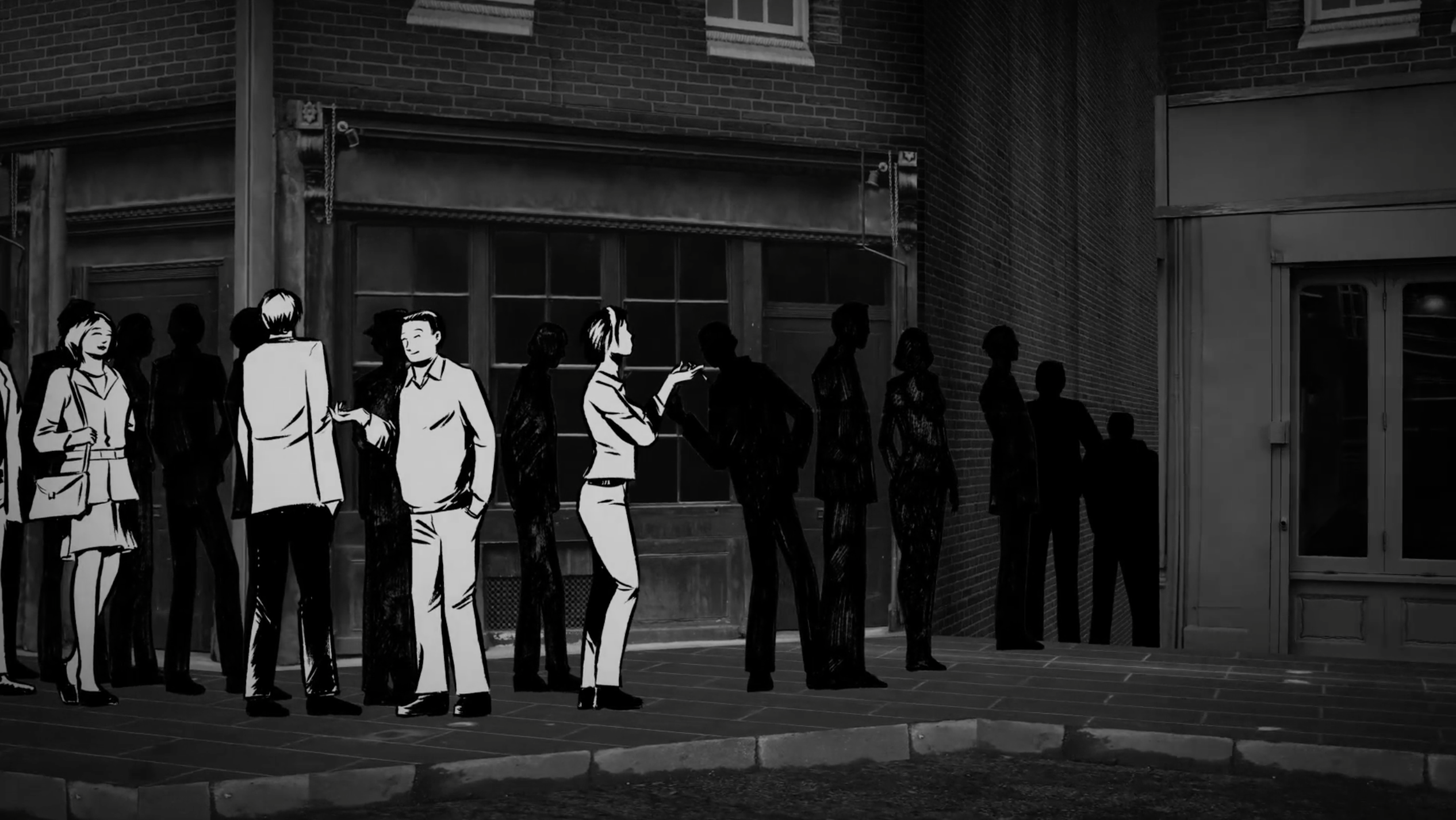
Ealing College’s art school is mentioned throughout the film – what importance do you think this institution had on the development of the music scene in Ealing?
I personally don’t think that the institution itself necessarily had a big impact on the development of the Ealing music scene. It was the place, though, where people like Pete Townshend and Art Wood, for example, studied and the proximity of the institution made it easier for them to then swing by the Ealing Club at night. In general, art schools represented a real post-war phenomenon and they helped produce an incredible amount of great artists in all fields, so certainly the Ealing Technical College did its bit in the area and I’m sure that it sent ‘representatives’ to the Ealing Club on regular basis – I actually met a few of them like the conceptual artist Stephen Willats.
From your experiences making this documentary and talking to key people, what are your thoughts on the fundamental reasons that the Ealing Club shut down?
Around 1966 the bands that had started off at the Ealing Club years before were far too big for the venue and with a new trend now coming up (psychedelia) the club didn’t manage to adjust its musical offer to the new audience. Towards the end of the 1960s the idea of the discotheque took over and lots of venues dropped live bands to replace them with DJs. That was the real end of the Ealing Club as we know it.
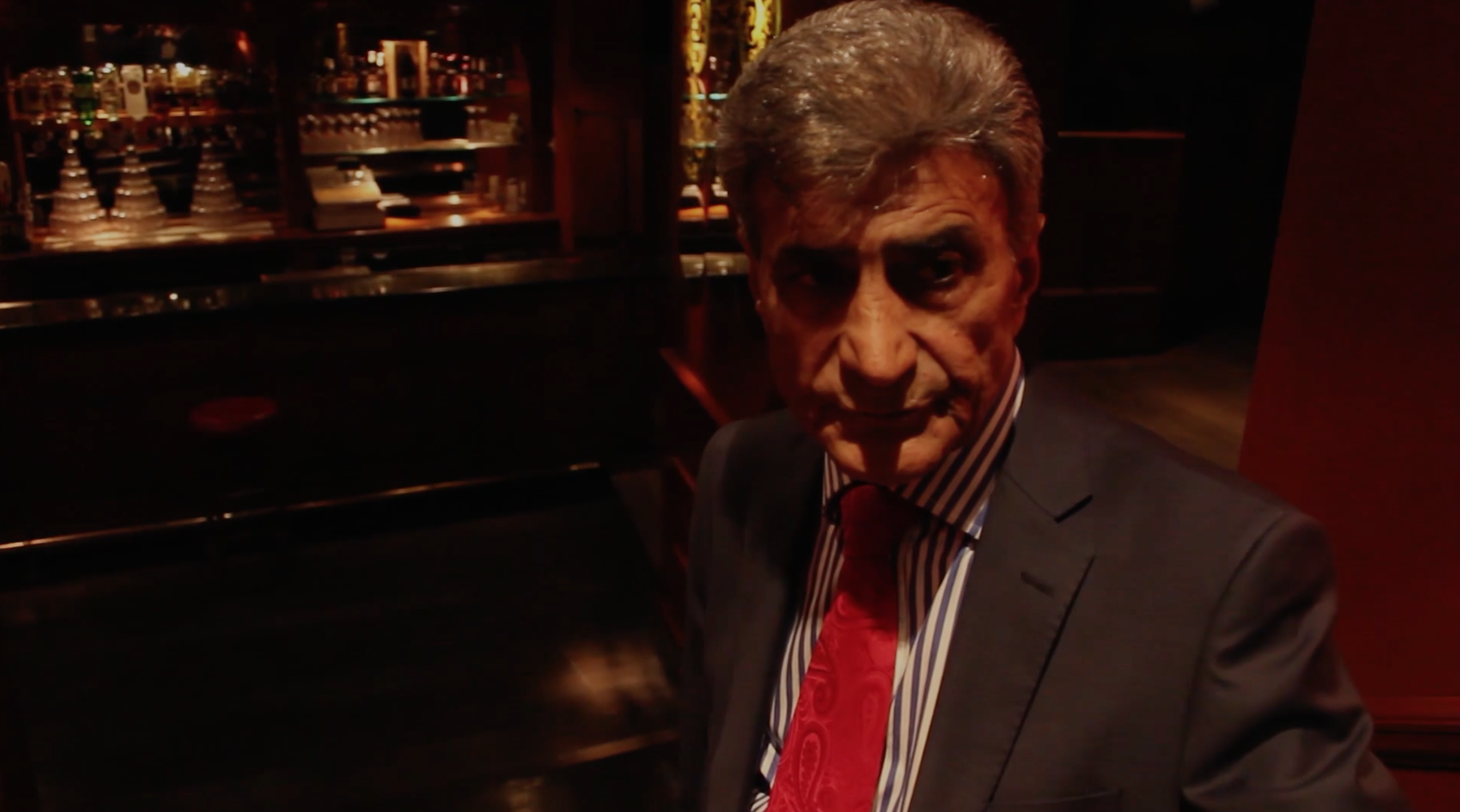
The film ends on quite a sombre note, stating that the club will be demolished during Crossrail construction – why did you decide to conclude the film in such a way?
It is dramatic and in a way almost a punch in the stomach. That’s the situation that London music fans have to deal with – after The Marquee, the 12 Bar, the Passing Clouds and many others, they are now talking about the 100Club and obviously the Red Room. All these places have been shut down or are going to, and the reasons are often linked to private interests. It’s not my job to comment on the politics involved in these situations but, as a music fan, I think it is just sad to see many illustrious and historical venues disappear. The Red Room might not be the same venue it used to be but if you enter the premises you really get the vibe of what those crazy 1960s blues nights must have been about and the walls and part of the floor are still the same.
Are you working on any new projects?
Yes, I’m working on the pre-production of an art-house film, it is not a documentary but it will be shot as if it was and the modus operandi will be almost the same as I pursued for the making of Suburban Steps to Rockland. It’s independent filmmaking so anything can happen but hopefully we’ll manage to pull things together!
Suburban Steps to Rockland: The Story of the Ealing Club will screen as part of the London Doc’n Roll Film Festival 2017 on November 4th at Barbican. More info here.
Watch documentaries on FilmDoo

